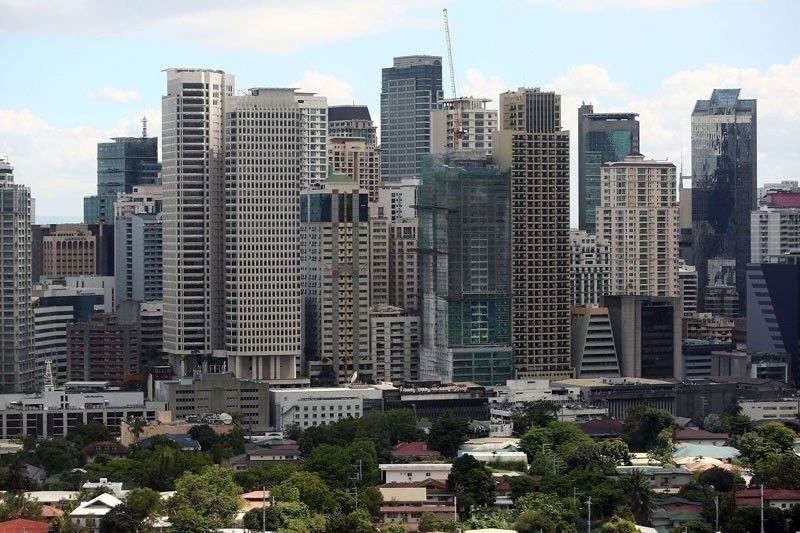‘Invest to generate passive income’

MANILA, Philippines — Now is the time to invest to generate passive income as inflation is expected to slow down this year, according to a financial analyst.
IFE Management chief financial architect Enrique Fausto said 2024 is a good year to invest as inflation and interest rates are expected to go down despite risks in the global economy.
“If you want to generate passive income, the only way to do it is you have to invest. It’s going to get a little uncomfortable, but you just have to do it, and that’s how you’re able to build passive income,” Fausto said.
Aside from inflation, the analyst said investors also need to watch out for economic growth, geopolitical risks and artificial intelligence (AI).
He warned that elevated rice prices pushed inflation to a two-month high of 3.4 percent in February after easing for four straight months to 2.8 percent in January.
“If rice prices go up, inflation goes up [which is] not exactly a good thing, so that’s one of the risks that we’re seeing at this point from the downward trend,” he said.
Despite the forecast of inflation going up the following months, Fausto said the rise in the prices of consumer goods is expected to slow down in the second half of the year.
There is also the forecast of “slowing, but resilient gross domestic product (GDP) growth.”
Global GDP growth is projected to slow down to 2.5 percent this year from 3.1 percent in 2023, with US leading the decline to 1.6 percent from 2.5 percent.
For the Philippines, Fausto said the economic expansion would pick up slightly to 5.7 percent, still below the 6.5 percent to 7.5 percent target penned by economic managers, from 5.6 percent.
“The Philippines, in contrast, is one of those places where GDP will actually go a little bit higher at least based on estimates at this point,” he said.
The forecasts on inflation and economic growth align for a “perfect stock market,” according to the analyst.
“It seems like the economy is still resilient and still going to continue moving into next year,” Fausto said.
Geopolitics also has an effect on the stock market, which Fausto calls as a “wild card” in investing.
Geopolitical events such as the Israel-Hamas and Russia-Ukraine war have been risks for investing, said Fausto.
However, it will not be a big risk if the conflict gets “contained” within the respective areas.
“So as long as these two conflicts remain subdued in those areas, technically speaking, if you think about it, people can still do their business, make money, and essentially be decent for investors,” Fausto said.
He added that the upcoming elections in the US could be a big risk, unless it would be a “peaceful election.”
Fausto also said AI could change the stock market, given that out of 500, seven companies have invested in AI.
The “magnificent seven” are NVIDIA, Tesla, Amazon, Alphabet, Meta, Apple and Microsoft.
“But what we’re seeing is that, similar to when we had the internet and other technological revolutions, there will still be some players who are going to win and are going to actually make us good returns,” he said.
With all that is said, how will these risks factor in with investing?
“It makes more sense to be heavier or to essentially tilt our portfolios a bit more into the bond market versus the stock market,” Fausto said.
He added that investors could get less return from long-term investments.
“You are getting less return from locking in your money (for a) longer term, that’s why we don’t think it’s a good idea to invest if you’re looking at money you want to grow over the next three to five years into a longer term,” he said.
Investors should instead “balance” with short and long term bonds, given El Niño and elevated inflation.
Fausto also said investors should “diversify” beyond US stocks and tilt to Philippine stocks because it’s cheap.
“So that’s why in general now, we think that it’s quite cheap, it might take some time to recover, but if you’re going to be placing it for the long term, it does make sense to go in, gradually, a bit more at the bonds first,” he said.





